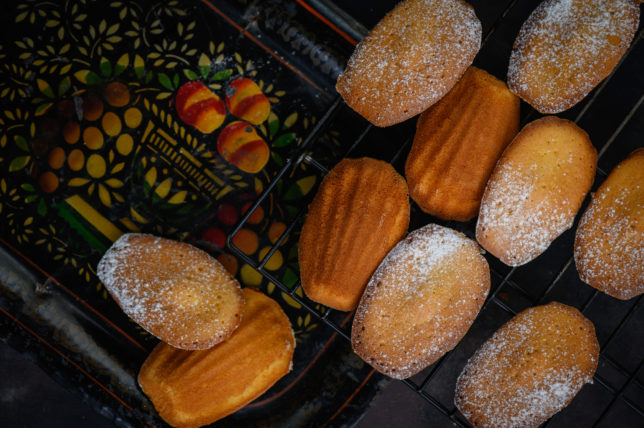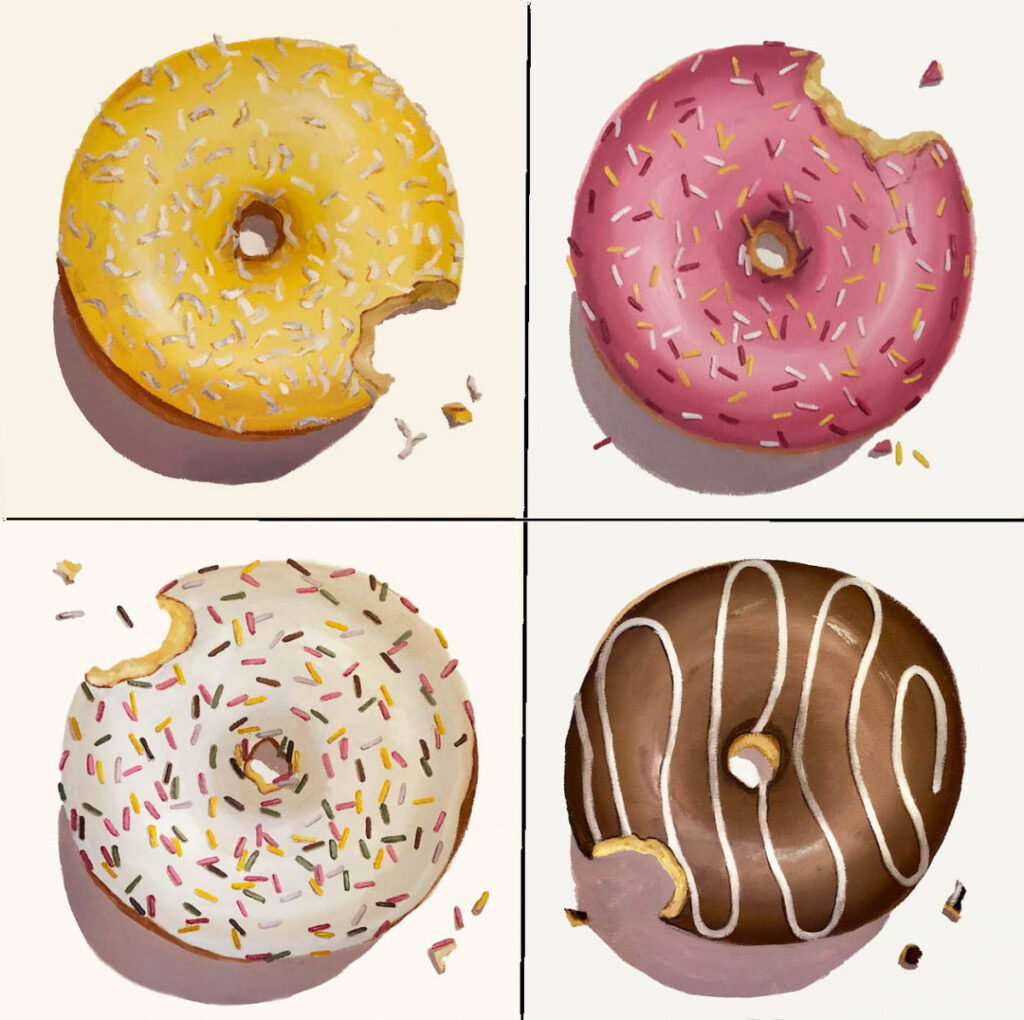by Hazel Anna Rogers for the Carl Kruse Blog
I spent a large part of my teenage to early adult life starving myself, to various degrees. My memory around these five or six years is still clouded, a jumble of recollections of which many I can’t be sure even occurred. Something happened to my mind during those years, where I deprived myself of the most essential and basic of needs. It’s all scattered, like some sort of abstract, grotesque poem, filled with metaphors of lightness and existentialism alongside sordid, ugly truths.
I don’t actually speak about this part of my life often. Though I have attempted to dispel the shame associated with the wasted years and torturous experience I caused for myself, family, and friends, I still have moments of twisted nostalgia that bring waves of sickness and shivering to my body. What an extraordinary thing it is, the delusion of the mind. In the final pages of D.H. Lawrence’s ‘A Prussian Soldier’ the young protagonist, an orderly to a military captain, begins a series of deep hallucinations as he dips in and out of painful consciousness, destroyed by physical pain, starvation and dehydration. His mind is overtaken by rushed and disorderly thinking, consumed by his internal thoughts and simultaneously bewitched by his surroundings. These harrowing minutes are quite beautifully depicted by Lawrence, and though his experience is inarguably horrific there is a wonder within his final moments that seems of the utmost purity, of a man alone, ready to die.
Many theories about anorexia nervosa suggest that the illness is associated with a will for death, or at least a yearning for some sort of end to internal suffering. In essence it’s like a slow suicide, a battle with the body that clings to existence while the mind tricks, schemes, and encourages destruction. I think it’s difficult to imagine if you never experienced it before. To be scared of food, the single most important aspect of our lives and the pillar upon which society is built. For to be fed is to be alive, but it is not only that. Our complex relationship with food is what sets us apart from the rest of the animal kingdom; we cook, we go out to eat, we invite people round to eat, our celebrations revolve around feasts and cakes, every continent, country, and town has its own unique cuisine…food is more than just sustenance, that much is clear. In Proust’s infamous madeleine scene from ‘A La Recherche Du Temps Perdu’, the simple taste of the little scalloped butter cake dipped in tea rouses a profound nostalgia of his childhood, and the whole act becomes epiphanic and sincerely spiritual.
I have my own memory of madeleines that can be revived merely from seeing a bulging packet of them on a shop shelf. When I was thirteen, I visited the Spanish island of La Palma with my cousins and my siblings. We would wake up to a baking, arid dawn, and descend like vultures upon endless gallons of unbranded tropical juice and madeleine upon sweet madeleine, each bite more temptingly pillowy and rich than the next, until we were stuffed to bust with the sugary morsels. I remember one particular instance where I must have eaten around ten of the glorious things. Such bliss, to wake up without a thought or a care, with the day ahead of one stretching forth like a reverie.

Madeleines glorious madeleines
It is memories like these that bring courage to my struggle against my mind. Memories of freedom around food and carefree living. As we age and grow, every year places further strains and stresses upon our minds and takes us further and further away from our untroubled youths. Decisions become integral and responsibilities become our own to tackle. It is inevitable that we lose something essential as we grow up, something that animals cultivate throughout their whole lives: living in the moment. Learning to have a greater freedom and spontaneity in my life has been a most wondrous experience, and more rewarding and vital than anything my eating disorder ever gave me.
A couple of years ago, I ate a donut after five years of fear towards them. I was sat beneath Brighton Pier, staring out to sea under the aged metal ramparts that hold up the grand structure as it extends out to sea. My boyfriend of the time was with me, and with some kind encouragements I took a bite into the fluffy powdered doughball. Ah! Such an explosion of memories came forth as I devoured the cake emphatically. Memories of Saturday supermarket shops with my parents, and the grand debate as to whether a custard or jam donut was to be chosen that week, then the oozing centre of a cut donut seeping onto my fingers and being smeared around my mouth in heavenly syrupy globules. How incredible that our minds are so deeply connected to our senses! I felt like Melville’s protagonist Ishmael of ‘Moby Dick’ as he dives into that smoky clam chowder, his appetite ‘sharpened by the frosty voyage’, each bite of salty, creamy, fishy stew more delightful than the last. My own ‘frosty voyage’, though incidentally quite a far cry from that of Ishmael, was one that had lasted for what felt like a lifetime, my ship having remained in a tumultuously stormy sea for many a moon.

Donuts by Terry Romero
It might seem odd, even quite ridiculous, that such a moment was so very crucial in the path that my life was to take in the years proceeding it. But consider this: a Christmas dinner table laden with buttery, crispy sprouts, unctuous gravy dishes of sauces, crunchy roasted potatoes, steaming bowls of dense, nutty stuffing, a great bird still warm in the oven, and a succulent fruit pudding ready to be doused in copious lashings of brandy and set alight by the deft flick of a match. Such a scene would have brought me to tears a few years ago, this ocean of daunting, oily riches only serving as ammunition for the harsh screams of unworthiness that filled my ears. But now, I look on with such gratitude and humility at the spread, and I feel an overwhelming love for the hands that grew, cooked, and eventually ate this food with me. And, as Ishmael, my sea-weary body is overjoyed by the bounties of life.
====================
The blog’s homepage is at https://www.carlkruse.com
Contact: carl AT carlkruse.com
Other posts by Hazel Anna Rodgers are here and here and here.
Carl Kruse is also on TED.
That Hazel sure can write.
Love me some Proust with donuts!
A delicious combination. 🙂
Carl Kruse
This summer I am tackling Proust for the first time.
Such a feast of thought and emotion.
Carl Kruse